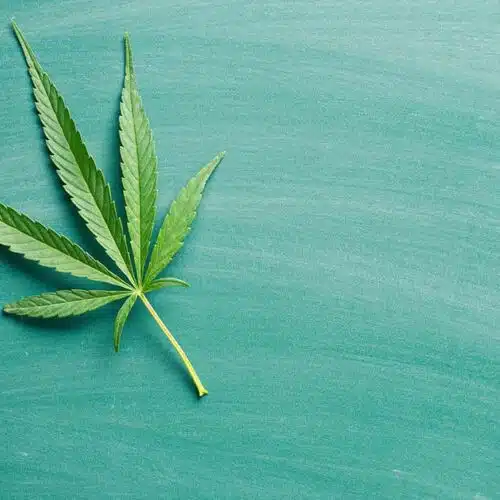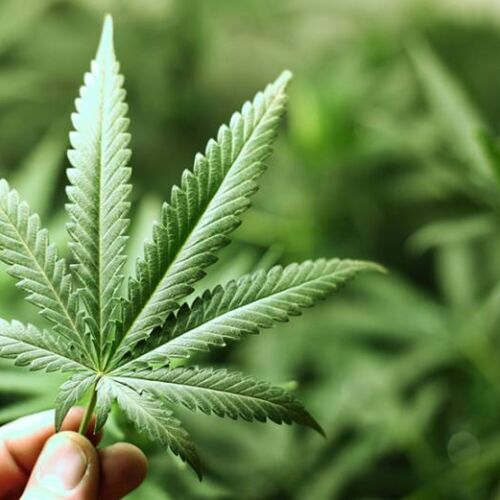Asthma is a respiratory disease that causes inflammation of the lungs and throat, which makes breathing extremely difficult. During an asthma attack, airways in the lungs can close up and the sufferer of the attack may experience shortness of breath, coughing, and possibly even death. However there is some initial evidence that using cannabis for asthma treatment may be a suitable alternative to other more common medications.
The typical treatments for asthma. like steroid inhalers and rescue inhalers, are very effective but also very expensive. The U.S. spends over $55 billion annually on asthma treatment. Asthma sufferers face an average yearly bill of around $3,500.
Ways To Treat Asthma Without Smoking Marijuana
You might not think something like marijuana would have the ability to relieve side effects of asthma. It seems a bit counter-intuitive. Due to the respiratory characteristics of asthma symptoms, using cannabis for asthma treatment is an even more far-fetched concept. The idea that cannabis would help treat asthma symptoms seems laughable.
While cannabis is most widely consumed by inhalation of smoke, there are other methods of medication that are better suited for asthma sufferers. The use of a cannabis vaporizer (heats cannabis enough to release cannabinoids, but not enough to burn), edibles, and tinctures (oils placed under the tongue) all provide the desired soothing effects of cannabis without the need to smoke marijuana.
Non-smokable options like edibles and tinctures are particularly great choices for patients with asthma. By injesting medical cannabis in edible form, an asthma patient does not have to worry about lung irritation from smoke. This is imperative for patients. Irritation caused by inhaling any type of smoke could trigger a dangerous asthma attack which could be life threatening.
Beyond the benefit of sparing the lungs from smoke inhalation, edible cannabis solutions are a better option for asthma patients because it allows for a controlled, higher dosage of THC – the main chemical component in cannabis.
How Does Cannabis Help Asthma
The way cannabis works to help people treat asthma is actually very simple. Cannabis is known for its anti-inflammatory properties and asthma is a disease that causes lung inflammation. Evidence also suggests that the THC within cannabis has the ability to expand the lungs and airways, therefore making breathing much easier for asthma patients.
A study conducted in 1973 found that a small dosage of THC decreased airway resistance by nearly 40%. The study also explains how cannabis interacts with the lungs and airway differently than cigarettes or opiates. “Marihuana smoke, unlike cigarette smoke, causes bronchodilatation rather than bronchoconstriction and, unlike opiates, does not cause central respiratory depression.”
A single study from the 70’s doesn’t definitively prove the effectiveness of cannabis for asthma treatment, but it does support first-hand accounts of many patients who have experienced the symptoms that accompany their affliction dissipate.
Cannabis has been known as an anti-inflammatory medicine for many years. Patients with cramping, epilepsy, brain trauma, pain, and asthma have seen their symptoms lessened or completely eradicated.


